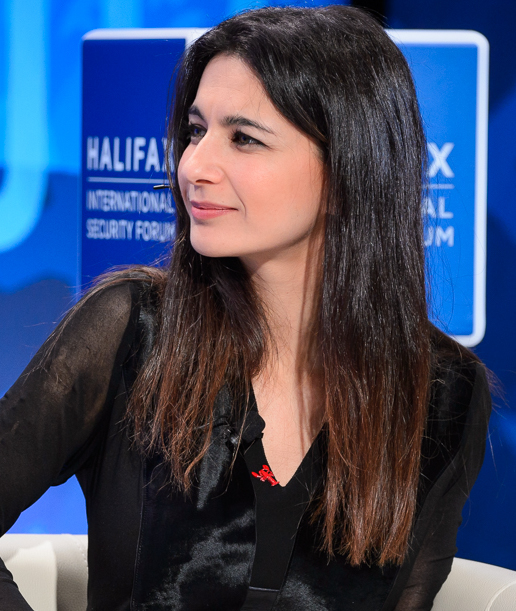phipps
Star
- Joined
- Dec 27, 2017
- Messages
- 4,881
Baal worship in the Bible meant full blown idolatry. Baal was the main god yes, but pagans never have only one god do they? They have other gods for different things. So the Israelites/Jews also started worshipping those other gods of the heathens too and the God of heaven. Pagan gods apparently didn't have a problem with sharing with other gods.Yes, the ancient Israelites, who were later known as Jews, did worship Baal at times.
Baal was a Canaanite deity often associated with fertility, agriculture, and the weather. His worship was prevalent in the region where the Israelites lived. While the Hebrew Bible condemns Baal worship, it also provides numerous accounts of the Israelites turning away from monotheistic worship of Yahweh and engaging in Baal worship.
This practice often led to conflict and divine punishment, as depicted in biblical narratives. However, it's important to note that Baal worship was not a constant or universal practice among the Israelites. There were periods of religious revival and renewed devotion to Yahweh, and the struggle against Baal worship was a recurring theme in their history.
No, Christians have never worshipped Baal. Baal was a Canaanite deity associated with fertility, agriculture, and the weather. His worship was prevalent in the ancient Near East, particularly among the Israelites before their conversion to monotheistic Judaism.
The Bible explicitly condemns the worship of Baal as idolatry, a practice that contradicts the fundamental beliefs of Christianity. Christians believe in one God, the Father, Son, and Holy Spirit, and reject the worship of any other deities.
No, Muslims have never worshipped Baal.
Baal was a Canaanite deity, primarily associated with the storm and fertility. His worship was prevalent in the ancient Near East, particularly among the Phoenicians and Canaanites.
The Quran, the holy book of Islam, explicitly condemns the worship of idols and false gods. It emphasizes the oneness of God, Allah, and rejects the polytheism practiced by many ancient cultures, including those that worshipped Baal.
It's important to note that there might be some misunderstandings or misconceptions about this topic, especially given the historical and cultural context of the region. However, based on the Islamic scriptures and historical evidence, it is clear that Muslims have always monotheistic and have never worshipped Baal or any other deity.
The Israelites/Jews knew that worshipping other gods broke the first commandment: “You shall have no other gods before Me” (Exodus 20:3).
idolatry was attractive to most people including God's people because it was about materialism. They used types of worship that people in those days could relate to. idolaters honoured forces they believed could give them fertility and prosperity.
Sadly that means that yes, Christians and Muslims have worshipped Baal in many different ways. Many don't even know it. One writer wrote, “Many who bear the name of Christians are serving other gods besides the Lord. Our Creator demands our supreme devotion, our first allegiance. Anything which tends to abate our love for God, or to interfere with the service due Him, becomes thereby an idol.”
Idolatry is not limited to the worship of carved or painted images. Anything can be an idol. TV, sports, social media, music, politics, some of our hobbies etc. We tend to think of idols in terms of heathenism because that shifts our focus away from some of the issues closer to home.
Jesus said, "Seek first the kingdom of God...." (Matthew 6:33). He also said, "You shall love the Lord your God with all your heart, with all your soul, and with all your strength" (Matthew 22:37; Deuteronomy 6:5).
Last edited:







